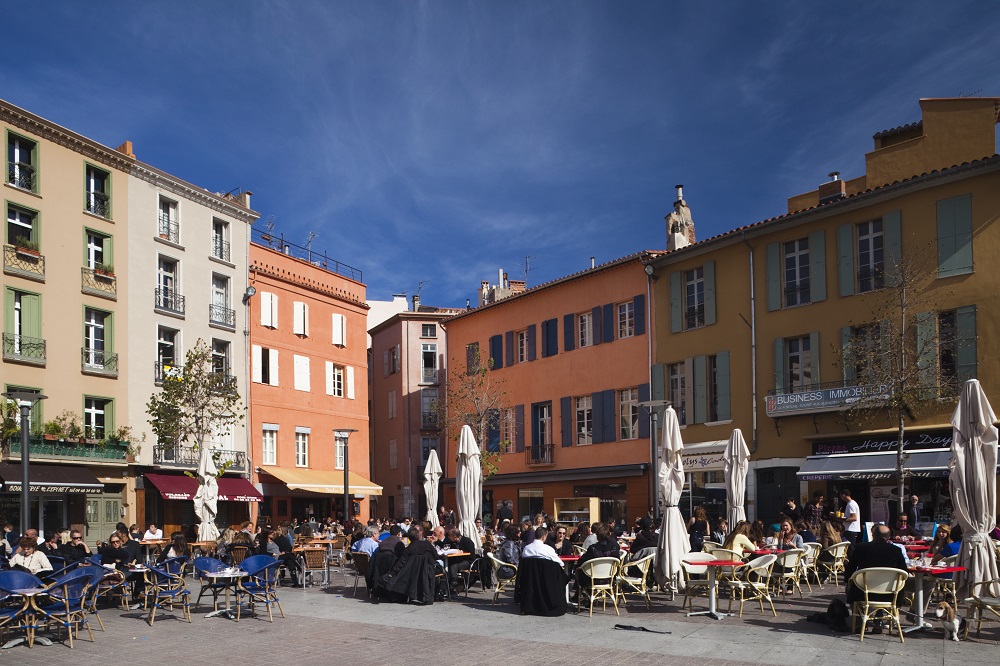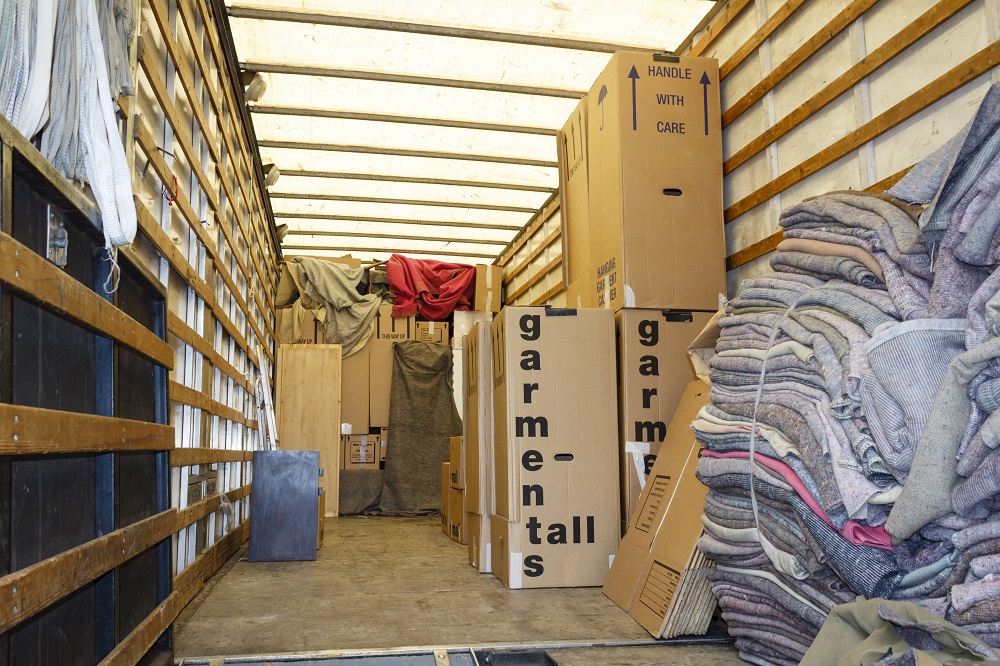Retiring to France
4 minutes read
Choose your spot

Tips on selecting the right spot…
Decide what factors are most important to you. These may include:
- Weather: Do you prefer a sunny spot in the South and South West or the more temperate climate of the North West?
- Access to healthcare: Consider the availability of doctors and medical facilities.
- Transport: As you get older, having the option of trains or buses to travel around could reduce your reliance on driving; think about ease of access to transport hubs to get back to the UK.
- Communication networks. Not all rural areas in France have perfect networks for telephone and internet. If this is important to you, do your research first.
- Shops and leisure facilities: How accessible and diverse are the range of shops and leisure facilities (e.g. swimming pools and sporting amenities)?
- English speaking communities: However good your French is, you may prefer to be able to mix and communicate socially with English speakers locally.
Once you have chosen your ideal location, you can start to look for your perfect property.
Choosing and buying a property
Think carefully about the type of property you will need for your retirement in France…
Some points to consider:
- Do you want a garden? A low maintenance garden can allow you to spend time enjoying the outdoors, without becoming a burden when the weeds and grass grow too quickly.
- Do you want room for friends and family? So that they can spend quality time with you?
- Is the property well insulated? Ensuring that a property is properly insulated is crucial, improving thermal comfort and reducing energy consumption.
- Rent before you buy: Explore the option of renting a property before you purchase. It will allow you to weigh up the pros and cons of living in your chosen location.
Buying a property in France
Buying a property in France is different to the UK…
For example:
- The role of the Notaire. Unlike the UK where two legal representatives are involved, the Notaire is responsible for ensuring that the transfer of the property is handled correctly – and all duties paid following completion.
- A two staged process. The first step is the preparation and signing of the Compromis de Vente. Both the seller and the buyer sign once an offer has been made and accepted. The second and final step is the Acte de Vente. This when the completion takes place: the money is transferred, the Acte de Vente is read out by the Notaire, the document is signed and the keys handed over. In England, deed of sale is signed in advance by the parties although not dated.
- Inspection reports. French property transactions require detailed inspection reports such as energy efficiency ratings and a whole wealth of information. In England, the process is arguably less detailed. For further information, you may wish to take a look at these articles on the notaires site.

Prepare for your move
Important points to consider…
- Visas: To live in France, you will need to obtain a Long-Stay visa. Check your eligibility with the French government’s Visa Wizard and find further information about the process here.
- Healthcare: If you plan to retire to France you will need proof that you have healthcare insurance in place and it is an essential element of your Visa application. Once you are in the French health system and you have obtained your Carte Vitale, Top-Up Health insurance will provide more affordable cover.
- Taxes: You will need to register with the French tax office but France has a double taxation agreement with the UK which means you will not be taxed twice.
- Pensions & other income: If you are a UK national you should advise HMRC that you are leaving the UK and wish to apply to receive your UK state pension in France. For other income received in £GBP discuss your needs with a currency specialist.
- Driving: Permanent French residents require a Permis de Conduire and must apply for a French driving licence. Do not forget to check out the regulations for importing any vehicle into France.
- Plan your move: Do you need the help of a removal company? Don’t forget to consider the impact of your move on your favourite houseplants and your pets! Who is setting up the utilities for you and what about wifi?
Read our blog on “Moving to France after Brexit”
Settling in
Here are some top tips from our Britline customers:
- Learn French. It’s never too late! The French will appreciate your efforts and this will also help your integration into the community.
- English speaking communities: However good your French is, you may prefer to be able to mix and communicate socially with English speakers locally.
Protect what you have worked so hard to achieve:
Things to consider:
- Maximise tax efficiency on your investments. As a French resident you will benefit from various tax advantages which are not available to non-residents.
- Ensure that you have adequate insurance for your new French home and activities.
- Check out French inheritance laws, prepare your Will and funeral arrangements to make things as easy as possible for your family.
CA Britline - the bank that speaks your language
Our friendly and bicultural team of English-speaking advisors have been helping our customers with all their banking needs in France since 1999. Most of the team have lived both in the UK and France, so they can understand what life is like both sides of the Channel.
Feel reassured that you will always have access to real people who understand you and speak your language: Open your account today or feel free to request a call and we will answer all the questions you may have.
We look forward to hearing from you!
Last updated: 28th January 2025
Image used is provided by Getty Images.